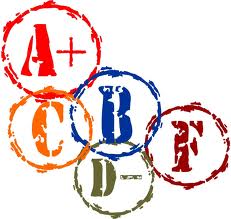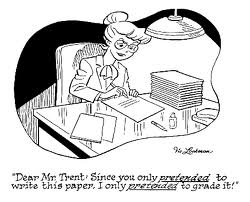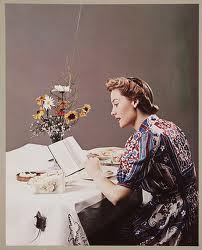I have tried and tried and tried to finish a blog post this morning and just can’t. I have about 10 drafts going, but alas. Nothing. So I’m going to go au natural this morning.
I think part of it is the end of the semester has just really wiped me out. Grading nonstop until 1:30 in the morning is exhausting. And then, brilliant me decided to have a Christmas party. THE DAY AFTER GRADES WERE DUE. So that turned into a whole evening/morning of manic cleaning, menu planning, and decorating. The next day my parents moved out of my house (they stayed with me for a month between the sale of their old house and the closing of their new house), so the weekend was spent painting rooms and unpacking them. Their new house is beautiful and closer to me and not 100 years old, which is good for a number of reasons. Then Monday, my brother (aka Picky Boy) came in from NYC. In other words, it. has. been. crazy.
However, it’s a good crazy. I’ve done a little bit of reading, but honestly, I’ve been so busy, reading hasn’t been much on my mind. Plus, reading dozens of essays right at the end of the semester did me in. I had to share one story, though:
I had one student who, from the beginning of the semester, I really liked. He’s a young kid, from an inner-city school, and he was just so enthusiastic. When the class turned in its first essays, his was awful, though I could tell he spent some time on it. Truly. It was terrible. There was no organization, no coherence. The grammar was abhorrent, and there were sections I could barely read. So I pulled the kid aside and asked him to set up a time to meet with me because he failed the assignment. Those of you who teach know, not every kid will take advantage of extra help. This student did. He came to my office. I gave him two specific areas of concentration to focus on and told him to rewrite one paragraph. He did and brought it to me, and I increased his grade based on that paragraph.
Throughout the semester, he remained engaged and worked diligently, but he could never seem to really make the cut. We continued to work on several problems in his writing, and he improved steadily. During the final, I graded their final essays, and when I came to this particular student, I put my pen down. I read it through, and it was very obviously still his own work, but guys, it was good. It was organized. The essay topic was dead on, and I was so proud of him. I marked a few things and slapped a 90 on that essay and wrote him a note about his hard work.
When he came up to turn in his final, I pulled him aside and told him he couldn’t take the essay with him, as I wasn’t handing them back but that I wanted him to look at his grade. He scowled at my mark-ups on the first couple of pages, but when he got to his grade, he clutched his chest, looked at me, looked down at the essay and back up at me: “Really? I really got an A? I’ve never made an A on a paper.”
I told him he had done the work, had improved steadily and that he did a fantastic job on the essay. Tears welled up in his eyes, and he looked at me and said “Thank you so much. You made my Christmas.” I explained to him that the grade had absolutely nothing to do with me and that he should be proud of himself. He thanked me again and walked off, saying he would text his mom and grandma. I discreetly wiped tears from my eyes as well.
And you know what? He really made my Christmas. It’s easy to wish I made more money and gripe about how teachers don’t get paid enough (we don’t). It’s simple to fall into the trap of whining about those who don’t put in any effort and then complain because they get a C in class. But to really see a student persevere and improve and then appreciate your and his own work? It was really touching. The only problem is, ever since, I have been boo-hooing at the smallest things, and I am not a crier. Hell, last night we watched Cupcake Wars, and I practically cried. We watched Miracle on 34th Street yesterday, and the second Santa spoke Dutch to the little girl, off I went again. Don’t even let the ASPCA commercials come on. Frankly, it’s embarrassing, but I guess it’s better than the alternative.
So, to you and yours, whether or not you celebrate Christmas or just use the break as an excuse to read, I hope there is a little softie in you (if, for nothing else, so I don’t feel quite so foolish), and as always, happy reading.








